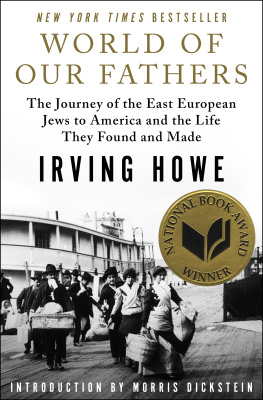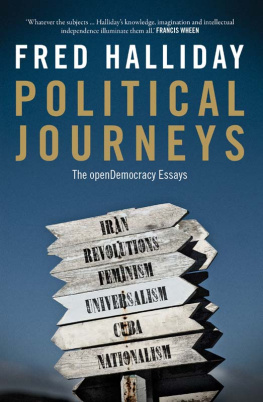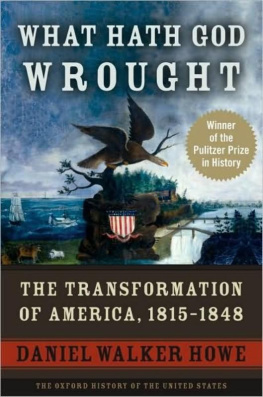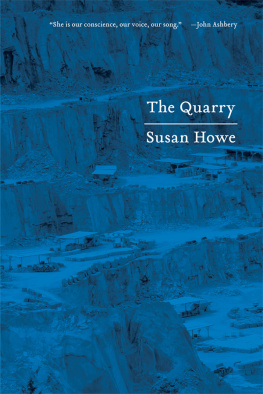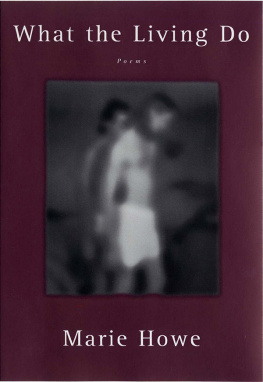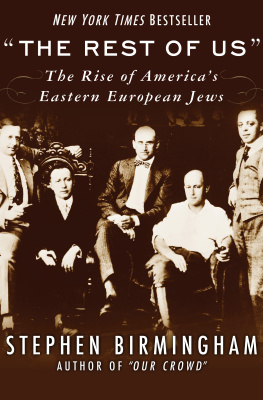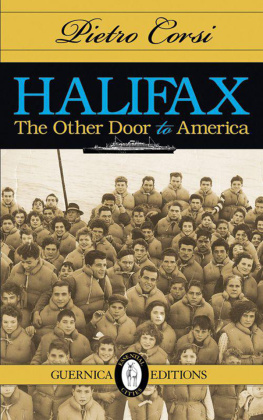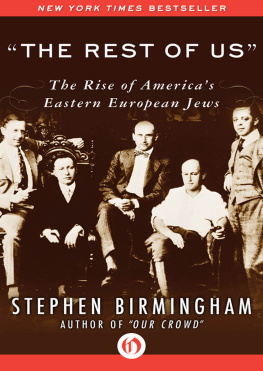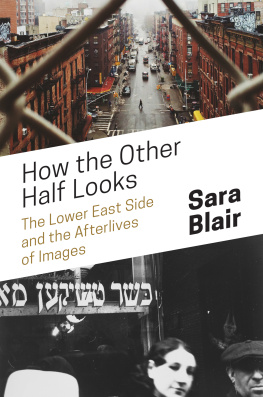
ABOUT THE AUTHOR
Irving Howe (19201993) played a pivotal role in American intellectual life for over five decades, from the 1940s to the 1990s. Best known for World of Our Fathers, Howe also won acclaim for his prodigious output of illuminating essays on American culture and as an indefatigable promoter of democratic socialism. He was the founding editor of Dissent, the journal he edited for nearly forty years.

Epilogue: Questions upon Questions
Through the work of almost every east European Jewish thinker at the turn of the century there keeps recurring a powerful motif: that the Jews, by some act of heroic transformation, must achieve for themselves a normal life. What the coming of the Messiah had been for Orthodoxy, the dream of a normal life became in the secularized messianism which took hold of the modern Jewish imagination. Next year in Jerusalem was replaced by programs for building the New Jerusalem, and the Jew dancing on the brink of a miracle by Jews determined to make their own miracles. Socialists, Zionists, communalists, Yiddishists, territorialists, nationalists, even some religionists: for all of these a normal life became the substance of a transfigured messianic yearning. If messianism had meant for the traditional Jew a life lived in deferment, his modern offspring grew intoxicated with the drug of hope. The crooked course of Jewish history, wonderful as some of its secret corners and byways had been, now had to be straightened out; the Jews would have to be made ready for productive labor, social integration, modern culture, perhaps nationhood; and at long last, no longer pariahs or wanderers, they would live like other peoples.
As we say on Yom Kippur, the Lord decides who will ride on horseback and who will crawl on foot. The main thing ishope! A Jew must always hope, must never lose hope. And in the meantime, what if we waste away to a shadow? For that we are Jewsthe Chosen People, the envy and admiration of the world.
Sholom Aleichems Tevye the Dairyman
This desire for a normal life climaxed the experience of centuries. It was a wish to break out of a humiliating passivity, and, by joining ranks with other peoples in a world of order and rationality, to assume an active historical role. Almost every fresh impulse in Jewish lifethe turn to secular politics, the blossoming of Yiddish culture, the mass migration to America, the rediscovery of national sentimenttestified to the intensity with which this desire was held. But it was a sign of a shared difficulty, perhaps of an inherent Jewish difficulty, that almost every strand of Jewish opinion acknowledged that the Jews could not gain a normal life in any normal way: not through personal striving, not through individual sobriety or collective efforts, not through any of the paths available to other peoples.
A normal life for a people whose whole history, by the standards of the external world, had been strikingly abnormal, could therefore be regarded as reachable only through extraordinary measures: through programs, upheavals, shattering transformations of a political-ethical character. True, there were still religious Jews who believed that so long as the Jews remained in galut abnormal life was appropriate, that is, normal; they looked with disapproval upon any attempt to press for the End, let alone attain messianic goals through mundane action; they placed their faith in God and were prepared to wait. But waiting was precisely what the most energetic young Jews proposed no longer to do.
Did it then occur to the Jewish ideologues that achieving a normal life through the kinds of abnormal exertions they felt constrained to advocate might in turn lead to new varieties of Jewish abnormality? Surely it must have, since they were intelligent people; perhaps they had no choice but to shrug that dilemma away as one that later generations would have to face. Or did the Jewish ideologues recognize that the idea of a normal life may have been, for Jews, unacceptable and even unrealistic? No doubt this too occurred to them and in moments of irony they must have reflected that the urgency with which every branch of Jewish opinion strained toward the chimera of a normal life gave sufficient indication that the old Jewish abnormality continued to reign. And then, of course, there was a possibility which few of the Jewish ideologues could really take into public account, since it seemed likely to induce the very resignation they were pledged to resistthe possibility that for Jews to remain Jews it might be better not to worry about anything so improbable as a normal life, since it would have to be purchased at too high a cost in self-laceration and self-denial. Perhaps the essence of being a Jew meant to live forever in a state of expectation for that which would not come.
Americathe full significance of which no Jewish thinker could yet take into accountimposed its own decision. Once past initial barriers, the Jews were allowed an entry into social and economic life on terms more favorable than any they had dreamed of. But America exacted a price. Not that it demanded that the immigrant Jews repudiate their past, their religion, or their culture; nor that it insisted they give up the marks of their spiritual distinctiveness. American society, by its very nature, simply made it all but impossible for the culture of Yiddish to survive. It set for the east European Jews a trap or lure of the most pleasant kind. It allowed the Jews a life far more normal than anything their most visionary programs had foreseen, and all that it askedit did not even ask, it merely rendered easy and persuasivewas that the Jews surrender their collective self. This surrender did not occur dramatically, at a moment of high tension. It took place gradually, almost imperceptibly, and with benefits so large and tangible that it would long remain a question for legitimate debate whether Jews should have tried to resist the process of absorption. That they could have succeeded, hardly anyone supposed.
In part, they did resist. They chose to reject a complete self-obliteration, the shameful fate of dissolving into anonymity. The end of the Jewish people which Georges Friedmann had foreseen or feared in his striking book did not come, nor is it likely to come in the near future. Jews in America would remain Jews; their institutions would survive, flourish, and multiply; their religion would be kept alive by a phalanx of sentinels, and it could be chosen by anyone, Jewish or not, who was drawn to its promise. But very little of what had held the immigrant Jews togetherthe fabric of their ways, the bond of common tradition, the sharing of languagewas able to survive much beyond a century.
Jewry is not merely a question of faith, it is above all a question of the practice of a way of life in a community conditioned by faith.
Franz Kafka
Nor is the question, at this point, whether the Jews gained or lost as a result of their transformation in America. Most of them never thought much about it, or if they did, it was with the shrug of resignation their fathers had taught them. Many of them felt it was just as well to be done with the old Yiddish ways, the bent backs and excited voices and psychic stigmas. The Zionists and Hebraists felt this at first with delight and then with a twinge of regret; the affluent and bourgeois with the conviction (who could argue against it?) that things had become better in America, far better; and ordinary folk with some sense of loss or depletion, which might signify no more than a readiness to yield to the spirit of the time and all that it certified as inevitable. The immigrant Jews had gained immeasurably and lost immeasurably. Who is able to cast a final balance, we hardly know.
Next page
